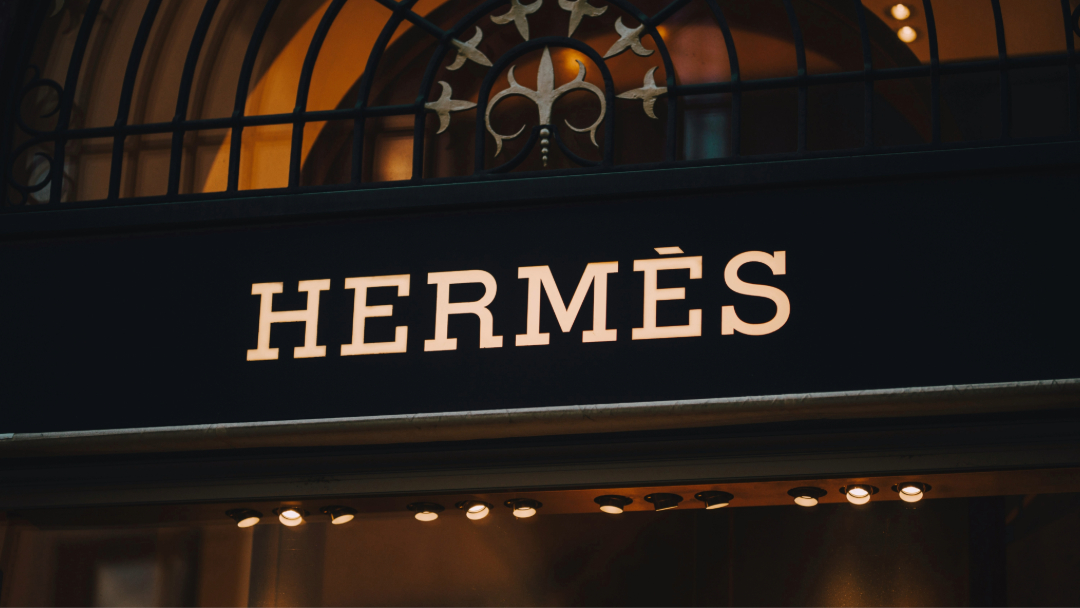Luxury brands are expanding into the hospitality industry to engage their consumers and create loyalty through unique and multisensorial experiences.

Blurring lines: luxury brands expand into hospitality experiences
Bvlgari, Armani and Gucci are all examples of personal luxury goods brands that have no history of hospitality yet have expanded into hotels, cafés, restaurants and spas. And, the luxury group LVMH has created Maisons Cheval Blanc, a collection of maisons described as “exclusive havens of refinement.” These “limited editions” offer “art de recevoir” — the art of hospitality, and claim to be “an entirely new concept of high-luxury hotel.” The LVMH Hotel Management division now manages the group’s increasing portfolio of luxury properties and hotel activities.
Co-branding also provides an opportunity to create luxury hospitality experiences. For example, Graff Diamonds partnered with the Ritz-Carlton, Hong Kong, to create a “one-of-a-kind luxury treasure trunk filled to the brim with sparkling diamonds, precious gems and mouth-watering afternoon treats.” Themed afternoon teas are also held at the Landmark Mandarin Oriental’s MO Bar, Hong Kong, with brands such as Jimmy Choo and Joe Malone.
Each of these brands has recognised the opportunity hospitality provides for creating unique brand experiences. Through hospitality, luxury brands can deliver a more holistic and multi-sensorial experience than the simple purchase of a watch, bag, scarf, some bijouterie or a pair of shoes. It’s through these emotionally engaging experiences that luxury brands can become even more integrated into the lives and lifestyles of their clientele.

VIP events: creating buzz with exclusive experiences
Exclusive VIP events offer luxury brands another opportunity to create experiences. The client-oriented hospitality of “invitation-only” luxury events enables brands to build closer relationships with their clientele, which forms a basis for loyalty. These brand-specific activities range from store openings, exhibitions, private viewings and gala evenings to events hosted at eponymous restaurants. Invitations are often highly sought after.
For clientele, receiving an invitation tends to make them feel special and valued. It also creates distance from “the rest of the world” through its exclusiveness, which adds cachet to the brand. Sharing participation at such events via social media and word of mouth helps build aspiration for the brand and sell the brand’s dream. In luxury, dream marketing (Kapferer, J-N. and V. Bastien. 2012. The Luxury Strategy) or “dreamketing” – a term coined by L. Longinotti-Buitoni, as President & CEO, Ferrari, North America (Longinotti-Buitoni, G. L. 1999. Selling Dreams) – is important. The experience the brand creates – in fact everything the brand does – needs to reflect this dream.
“Customers purchase luxury products or services to satisfy their individual role-playing dreams, in which they become heroes… You are selling an experience, not a product.” – Longinotti-Buitoni, President & CEO, Ferrari, North America (Longinotti-Buitoni, G. L. 1999. Selling Dreams).
Appealing to the five senses: curating luxury food and wine experiences
One way in which multi-sensorial luxury experiences are being brought to life is through the innovative use of food and wine. This natural pairing between luxury brands and hospitality creates opportunities to engage clients through the five senses. For example, the champagne house Dom Pérignon has a close relationship with chef Ferran Adrià and the El Bulli Foundation. In 2011, they jointly hosted a dinner – described as a “champagne last supper” – at Adrià’s renowned restaurant El Bulli in Northern Spain shortly before it closed.
Other examples include the opening of the Hermès store in Washington, which was celebrated by hosting a very exclusive event for its top clients. Besides providing an exceptional dinner menu, the waiters created theatre in the presentation of each course (of which there were many) by changing their costumes and serving the course in a staged and synchronized fashion. The whole evening provided a unique and memorable dining experience for its special VIP guests.
Digital
Four Seasons and Rosewood Turn to VR to Increase Bookings
Harnessing hospitality to create engaging luxury experiences
Each brand – regardless of its core business – recognizes the potential importance of hospitality within the context of luxury. Hotels and restaurants are well positioned to deliver luxury experiences and a “wow!” that goes beyond expectations and has an element of surprise.
Delivering experiences through service quality, excellence and emotional engagement is what luxury hospitality should be about. It may be a large or small thing specific to the individual guest based on the situation: their expectations, culture and background. It may be extreme and a bit over the top in a natural way that is fitting to the brand, its values and cultures. Ultimately, hospitality – in whatever form – provides an excellent opportunity for luxury brands to create memorable experiences and engage their clientele on a regular basis.
Cover image credit: LVMH – Cheval Blanc Courchevel










